WHAT’S THE ISSUE WITH LEAD?
Lead is a heavy metal that has traditionally had many industrial uses. In manufacturing, lead is combined with other metals to make those metals easier to shape. Because of the amount of lead used over the decades, trace amounts of it are found in the air, soil, household dust, food and drinking water.
Research in recent decades has shown that exposure to lead can have severe consequences for an individual’s health. Prolonged exposure can affect hearing, cause digestive issues, alter immune systems and change the level of certain hormones. Exposure to lead can also increase the risk of developing cancer over a lifetime. Children are the most susceptible to lead’s harmful effects, as they absorb it more easily than adults.
Governments have been restricting the use of lead in products to reduce the amount of exposure since the 1970s. The early focus was on eliminating lead in gasoline, paint, solder and reducing it in plumbing products. Additional regulations were later enacted targeting other everyday products and further reducing the amount of lead in plumbing products. Those standards related to plumbing include the US Safe Drinking Water Act (SDWA), the Canadian National Plumbing Code (NPC) and the National Sanitation Foundation (NSF).
SDWA
The SDWA (a federal act) came into effect on January 4th, 2014 and reduced the amount of lead allowed in solder and flux to 0.20% and the amount permitted in wetted parts to 0.25%. After January 4th, 2014, pipe, plumbing fittings and fixtures could not be installed in any system where the water was intended for human consumption unless it adhered to the SDWA.
CANADIAN NPC
The Canadian NPC adopted the same lead restrictions as the SDWA in January 2015. Once enacted, each of Canada’s provinces and territories started adopting the new regulations in their plumbing codes.
NSF
NSF ensures that products meet strict standards for public health protection. And like SDWA and NPC, NSF specifies standards for drinking water systems: lead content of ≤0.25% for wetted parts, ≤0.20% for solder and flux and leach testing. Several legislative jurisdictions reference NSF and their standards as the organization of choice for lead-free requirements.
Winters offers a complete line of lead-free instrumentation that is compliant with SDWA, NPC and approved for NSF 61 & 372.

 LiveSupporti
LiveSupporti